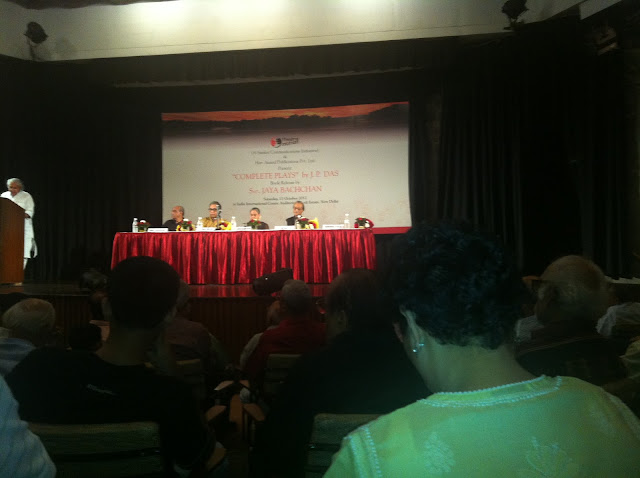BEYOND THE RULE OF REASON from Dr. Sanity Metaphysics is the branch of philosophy
that describes existence, and it leads directly to Epistemology,
which concerns itself with knowledge. METAPHYSICS (What
is existence?) ----> EPISTEMOLOGY (How do we know it?)
The
answers derived from these two branches of philosophy lead directly to several
other key branches of philosophy, including Ethics (how should
we behave?) and Politics (what degree of force is permissible ). So you can see that one's metaphysics is a crucial foundation to
how one interprets the world and how one behaves in it. For those of you who
think all this philosophy business is too abstract and irrelevant to your life;
you are very very wrong. Catastrophically wrong.
These
ideas have everything to do with your life and how you live
it. They are also the crux of why the world we live in seems to be more and
more incomprehensible and insane. When you begin with the belief that
reality doesn't exist outside your own head, then, it is just a very short--and
minor--leap to accepting that words don't matter and can change meaning on a
whim; or that it doesn't matter how you behave; that everything is relative
anyway, including truth and morality. But, just because reality is
ambiguous and sometimes difficult to determine; it hardly gives someone carte
blanche to say that every interpretation is of equal
value and should be treated as such.
Lecture at JNU by DR. MARIANO ITURBE, University of Navarra , Spain
- from Philosophy News in India by Dr Desh Raj Sirswal -
“The Concept of Justice in Plato”
Plato,
together with Socrates and Aristotle, laid the philosophical foundations of
Western culture. His thought has logical, epistemological, and metaphysical
aspects; but its underlying motivation is ethical. At the centre of all his
writings there is the Greek insight that Reason, the logos, is nature steering
all things from within.
For
Plato, ethics and politics are indivisible implications of the natural order.
He wanted to discover the real nature of the State. Thus, the Republic, the
greatest of all his dialogues, has three main strands of argument deftly
combined into an artistic whole –the ethical and political, the aesthetic and
mystical, and the metaphysical.
The
Republic seeks an answer to the nature of justice. Justice consists in a
harmony that emerges when the various parts of a unit perform the function
proper to them and abstain from interfering with the functions of any other
part. More specifically, justice occurs with regard to the individual, when the
three component parts of his soul – reason, appetite, and spirit, or will –
each perform their appropriate tasks; with regard to society, justice occurs
when its component members each fulfill the demands of their allotted roles.
Harmony is ensured in the individual when the rational part of his soul is in
command; with regard to society, when philosophers are its rulers because
platonic philosophers have a clear understanding of justice, based on their
vision of the Form of the Good. Justice is the principle which makes the State
a whole and maintains its parts in due proportion.
On the economic value of the humanities from Love of All Wisdom by Amod Lele [This entry will
be cross-posted at the Bulletin for the Study of Religion]
One
is not best served by the old humanities disciplines –
philosophy, literature, history, religious studies – and their characteristic
methods of inquiry. These fields teach a large amount of content knowledge that
has no marketable applications. Nor should it – for that was never supposed to
be the point… Public universities exist and should exist because they are a
public good – the state subsidizes an activity which would be impossible
without it.
Among
these activities are the transmission of great, valuable ideas from generation
to generation, and the continual reinterpretation of those ideas for new and
different times. Those are the reasons that the humanities came into being in
the first place, and they continue to be the reasons the humanities are valuable
now. In a public context, the academic humanities should make their case on
those old-fashioned but perennial grounds…
I
am aware that even within the humanities, many – perhaps most – do not see
their task as so old-fashioned. Call them postmodernists, critical theorists,
or whatever one wishes, these more recent humanists view the task of the
humanities as something different: a kind of critique that goes well beyond
“critical thinking” in the usual sense, to a radical unmasking of society’s hidden
presuppositions.
East and West – Sri Aurobindo - A critique of the
book - East
and West by Sri Aurobindo « Mirror of Tomorrow The
unification of the East and the West is the religion of today. But in this task
of unification, if we consider the West as the foundation or the chief support
we ...




No comments:
Post a Comment